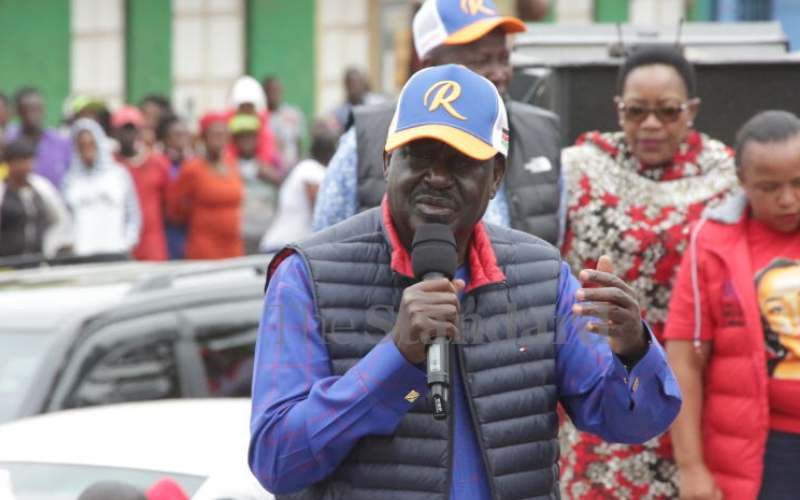×
The Standard e-Paper
Stay Informed, Even Offline

I met Njoroge in one of the streets of Nairobi. He used to work for me many years ago. He had visibly aged, his suit had seen better days but he was still wearing it to give himself a veneer of respectability.
He lived in Kibera, was unemployed, got up, and walked to town daily, hoping to find a hustle that would give him a few shillings to put food on the table.